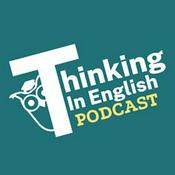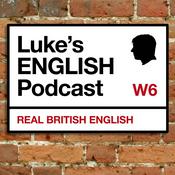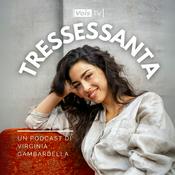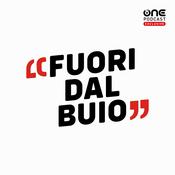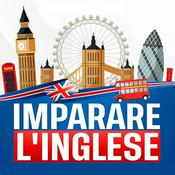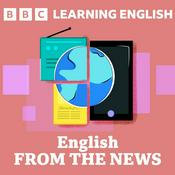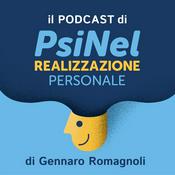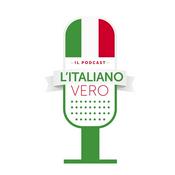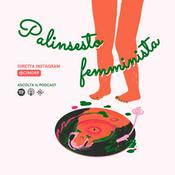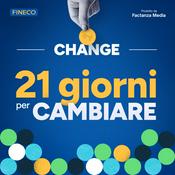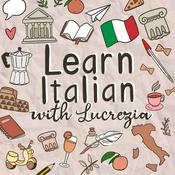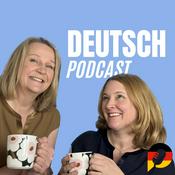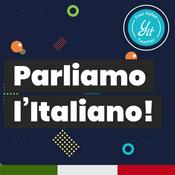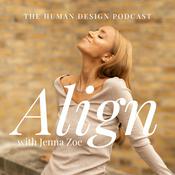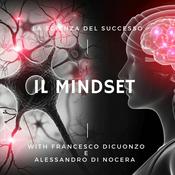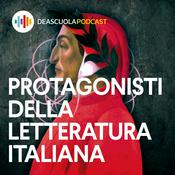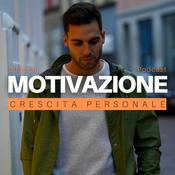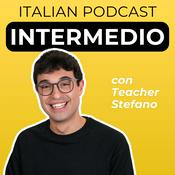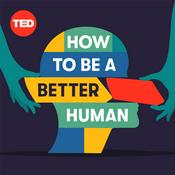118 episodi
- Days after the Trump administration's surprise military operation captured Venezuelan leader Nicolás Maduro, a panel of UChicago scholars gathered to make sense of what it means for Venezuela, the United States, and the region. Professor Christopher Blattman, Deputy Dean Ryan Kellogg, and Associate Professor Paul Poast join moderator Rebecca Wolfe to discuss Venezuela's decline from one of the hemisphere's wealthiest nations, the regional migration crisis that followed, and the uncertain road ahead.
Why Banks Exist and Why They Fail: Douglas Diamond on Runs, Regulation, and the Risks of Short-Term Debt
13/01/2026 | 1 h 6 minFinancial crises are "everywhere and always" a problem of short-term debt. In this Extra Slice of The Pie, Nobel laureate Douglas Diamond explains his groundbreaking research on why banks exist in the first place, and why they're vulnerable to runs. Diamond discusses his role advising policymakers during the 2008 crisis, reflects on predicting the savings and loan disaster as a graduate student in the 1970s, and explains why the 30-year mortgage is like Michael Corleone: something good that went bad when it hung around with the wrong crowd.At What Age Does Family Income Most Shape Your Future? Timing and Intergenerational Mobility
06/01/2026 | 44 minStandard measures of intergenerational mobility treat parental income as a single average across childhood. In this episode, Steven Durlauf, Frank P. Hixon Distinguished Service Professor at the Harris School of Public Policy and Director of the Stone Center for Research on Wealth Inequality and Mobility, describes how parental income during the tween and adolescent years (ages 12-18) is far more predictive of adult outcomes than parental income during early childhood.- As we close out 2025, host Tess Vigeland highlights research from UChicago scholars. Hyuk Su Kwon, Assistant Professor at the Harris School of Public Policy, explains the design of electric vehicle subsidies. Eduardo Montero, Assistant Professor at Harris, reveals how Seventh Day Adventist churches adapt when members face costly trade-offs between faith and farming. Virginia Minni, Assistant Professor at the Booth School of Business, shares how a one-day purpose workshop where workers connect childhood passions to their current roles drives measurable productivity gains. Plus, Leo Bursztyn discusses why green text bubbles create lock-in effects for Apple. Full versions of these conversations are available wherever you get your podcasts.
A Conversation with Roger Myerson: Harmonicas, Xenophon, and Why Your Mayor Matters More Than You Think
16/12/2025 | 1 h 50 minIn this wide-ranging conversation, Nobel Prize–winning economist Roger Myerson reflects on a career studying how rules shape human behavior, from optimal auction design to Ukraine's decentralization reforms. Myerson explains the foundations of mechanism design and incentive constraints, tracing economics back to Xenophon and arguing that local democracy is what holds democracies together.
Altri podcast di Scolastico
Podcast di tendenza in Scolastico
Su The Pie: An Economics Podcast
Economists are always talking about The Pie – how it grows and shrinks, how it’s sliced, and who gets the biggest shares. Join host Tess Vigeland as she talks with leading economists from the University of Chicago about their cutting-edge research and key events of the day. Hear how the economic pie is at the heart of issues like the aftermath of a global pandemic, jobs, energy policy, and more.
Sito web del podcastAscolta The Pie: An Economics Podcast, Thinking in English e molti altri podcast da tutto il mondo con l’applicazione di radio.it
Scarica l'app gratuita radio.it
- Salva le radio e i podcast favoriti
- Streaming via Wi-Fi o Bluetooth
- Supporta Carplay & Android Auto
- Molte altre funzioni dell'app
Scarica l'app gratuita radio.it
- Salva le radio e i podcast favoriti
- Streaming via Wi-Fi o Bluetooth
- Supporta Carplay & Android Auto
- Molte altre funzioni dell'app

The Pie: An Economics Podcast
Scansione il codice,
scarica l'app,
ascolta.
scarica l'app,
ascolta.

